Women’s empowerment at the core
Women’s empowerment is a central value for the International Collaborative. Providing opportunities for women is key.
Because of their chimney design, the International Collaborative stoves need expert installation. The Project had seen the need for installation as a potentially difficult logistical challenge to overcome. However, the Project Leaders soon realized that the construction work required for chimneys and solar power presented great opportunities for women.
And indeed, it became the entry point for engaging women in interesting and empowering work.
Joining the Maasai Stoves & Solar Installation Team provides the women income. In addition, as members, they join with the other Stove Installers across three districts in an active women’s organization.
Remarkable results from a core value
Maasai women who join stove installation teams are profoundly appreciative of the opportunity to learn to use tools and master construction and design challenges. They report feeling authentically empowered. Here are some results:
- More than 200 newly-empowered leaders have emerged–with more to follow
- MSS women initiated the self-directed Monduli Pastoralist Women’s Organization (MPWO)
- Greater appreciation of the power of a collective of women, and not just individual women
- Each stove saves the woman of the house 10-12 hours of weekly wood-gathering labor
- Each stove saves 120 pounds of firewood per week, reducing deforestation
With these time and labor savings, there is more time for women to farm and to start businesses and other enterprises.
For example, MSS established two cornflour mills that provide income and excellent experience. One is in Selela Village, owned and operated by women. The other employs women in Upper Monduli Maasai villages.
The Maasai Stoves & Solar Women’s Installation Teams
220 women installers and 120 trainers work in 18 villages. The women are diverse in age and education level. Most are married.
Each village has about ten Maasai Stoves & Solar Women’s Installation team members. When the program is first introduced to the village at a community meeting, the village women select who will receive the training to become installers.
Within these groups, the women elect their own leaders and manage the installations. Trainers provide approximately ten days of instruction to the Maasai women. After that time, the new members are able to install the improved stoves and solar systems. They work in teams of three for each installation.
In addition, settlement members, both men, and women, receive solar electrification training. This enables them to install solar-powered micro-grids for settlement-wide electrification. Each team leader works with local International Collaborative Project Managers who arrange for the materials to be delivered to the installation sites.
Women’s preferences guide stove design
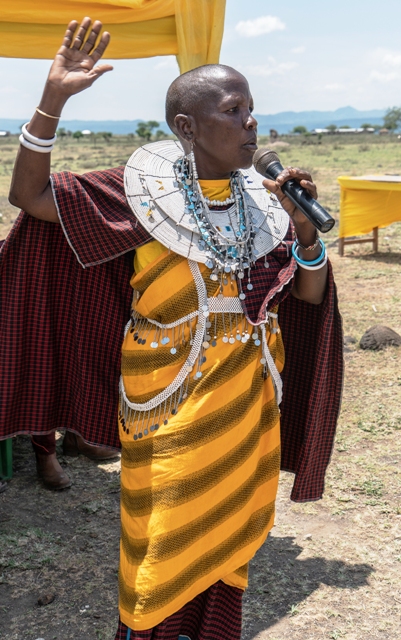 From the beginning, MSS worked closely with the Maasai women to incorporate their ideas and opinions. Because Maasai women do all of the cooking, their preferences needed to be incorporated into the International Collaborative design. These considerations include how the food cooks and tastes, the type and size of the fuel, and the ways in which the fire must be tended. MSS developed a prototype and tested extensively for health impacts and efficiency.
From the beginning, MSS worked closely with the Maasai women to incorporate their ideas and opinions. Because Maasai women do all of the cooking, their preferences needed to be incorporated into the International Collaborative design. These considerations include how the food cooks and tastes, the type and size of the fuel, and the ways in which the fire must be tended. MSS developed a prototype and tested extensively for health impacts and efficiency.
Ongoing improvement
Over the years, MSS repeated this process for continuous stove design improvement. The Project works towards lowering manufacturing costs while improving stove durability, burn prevention for children, and efficiency. The fourth design model is currently installed in the homes.
So many benefits
Now the women need only collect 40 percent of the firewood needed previously. The reduction in labor, indoor air pollution and deforestation, and improvements in child safety make a tremendous difference. Read about the extensive benefits here.
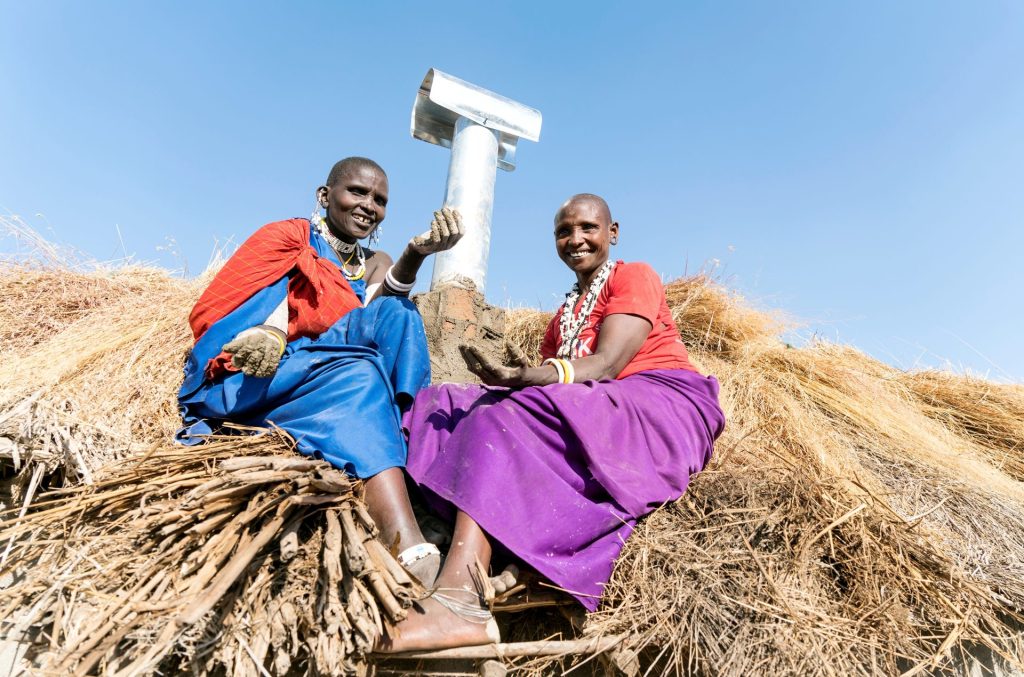
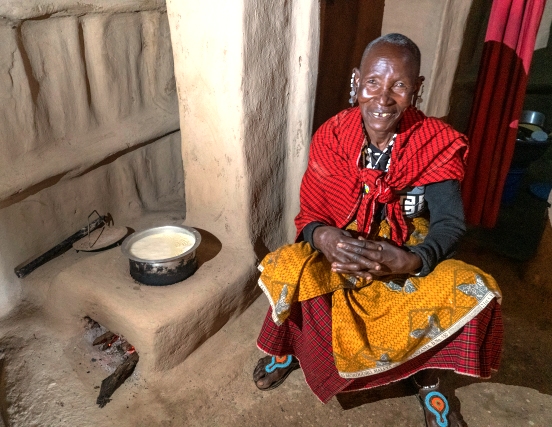
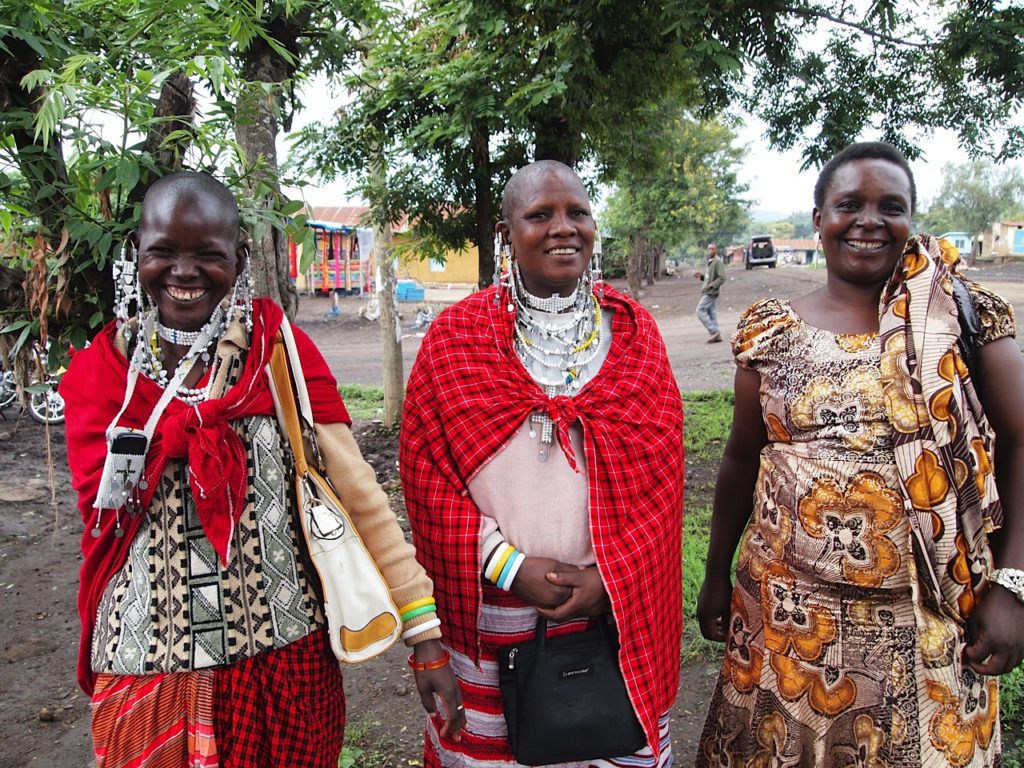
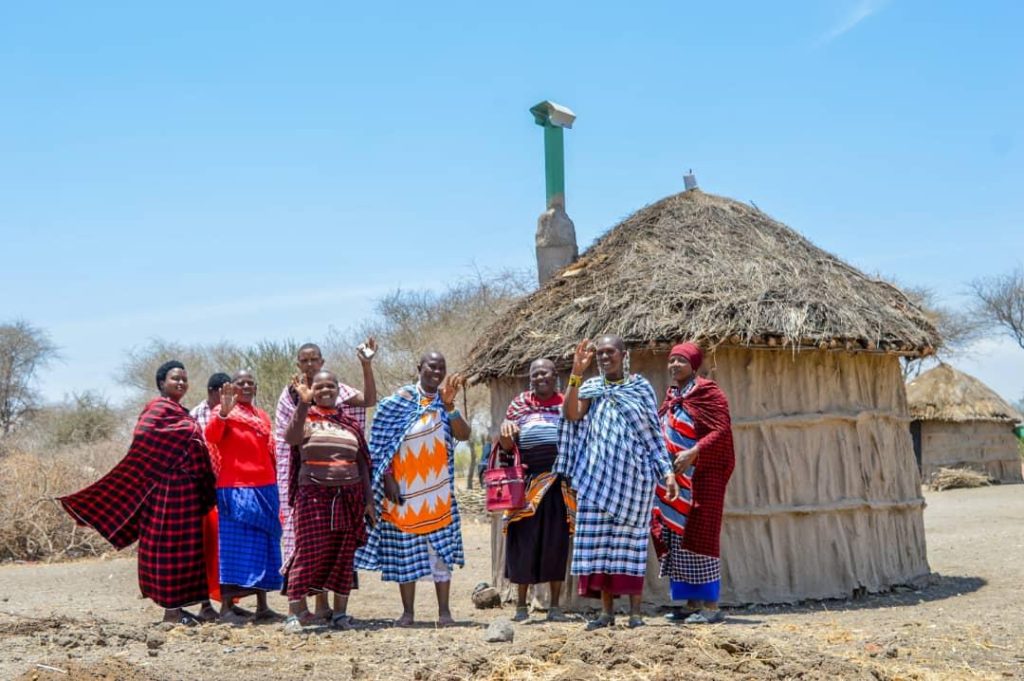
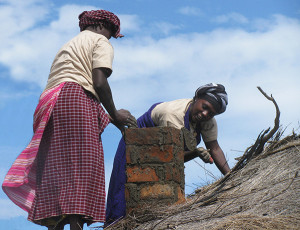
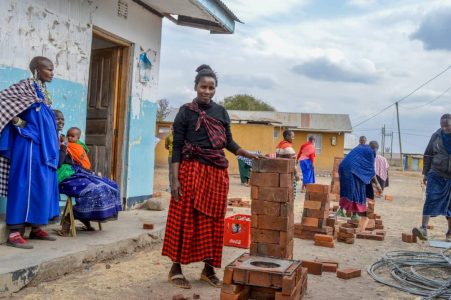

 International Collaborative for Science, Education, and the Environment
International Collaborative for Science, Education, and the Environment